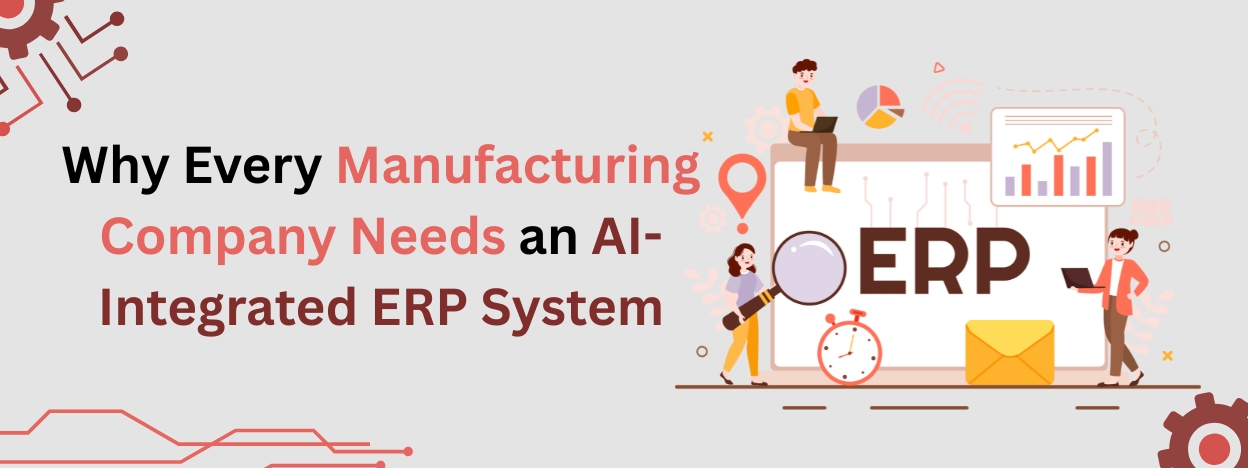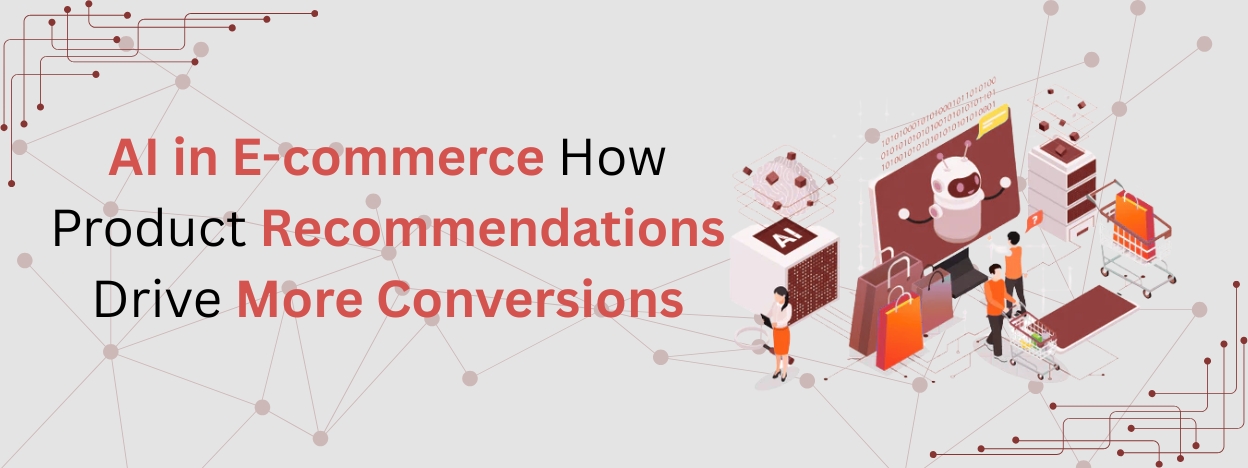Perhaps one of the most complex decisions a startup founder and a project manager make during the software development lifecycle is selecting the most effective billing model. Regardless of whether it is an MVP build, a product scaling, or a SaaS customization, developmental service costs influence budget, timeline, and final deliverables.
At Appristine Technologies Pvt Ltd a leading
software development company in pune, understand that most startups are guided through this decision quite blindly. This is why, in this blog post, we aim to highlight the implications of
Fixed-Price vs Hourly Billing models to empower founders with the necessary information such that they discern wisely and tailor their strategies accordingly.
Understanding Fixed-Price Billing in Software Development
A
fixed-price billing model is as it is called; a
software development project is quoted at a fixed price which is agreed upon before work begins. That price is determined based on deliverables, scope of work, timeline, and milestones.
In most cases, beyond what is defined in the project scope will not be entertained unless change requests, or full negotiations are made.
Common Use Cases and Project Types
- Minimum Viable Products (MVPs)
- Certain mobile or web app features
- Single implementations or upgrades
- Strictly time-bound and budget-constrained projects
These are best for most startups, as execution speed is what drives growth.
What Is Hourly Billing?
With an hourly billing model (also referred to as Time & Material), the customer pays for the actual work time, in this case, developers’ work hours. Payments are usually made on a monthly or weekly basis, according to the predetermined hourly rates and each team member's timesheet.
This model provides greater clarity and flexibility as it enables startups to further iterate, pivot, or evolve their products during the development stage.
When and Why It’s Preferred
- Ongoing or long-term projects
- Agile-development methodology
- Projects with changing scope
- Startups validating their product: prototypes and MVPs
For rapid changing markets, startups testing their features value the flexibility of continuous adaptation offered by hourly billing.
Fixed-Price vs Hourly Billing: Key Differences
| Aspect |
Fixed-Price Billing |
Hourly Billing |
| Cost Predictability |
High – pre-agreed cost |
Low – depends on time spent |
| Scope Flexibility |
Low – rigid, changes require approvals |
High – adaptable throughout development |
| Risk Distribution |
More risk for the vendor |
Shared or more on the client |
| Timeline |
Often strict and deadline-driven |
More fluid and iterative |
| Best Fit For |
Short-term, clear-scope projects |
Long-term, evolving projects |
Pros and Cons of Fixed Price Billing for Startups
Advantages
- Budget Control: Since the cost is fixed, Spendings can be streamlined.
- Deadline Clarity: Planations can be made more efficiently since there are preset deliverables along with defined timelines.
- Vendor Accountability: The set time and cost controls allow for vendor performance tracking against the agreement.
Limitations
- Rigid Scope: Finalized scope tends to be inflexible.
- Risk of Quality Trade-Offs: There is a tendency to underdeliver or rush to stay within budget.
- Lack of Flexibility: Any pivots or additional requirements can stall momentum.
Pros and Cons of Hourly Billing for Startups
Advantages
- Scope Adaptability: Startups can change directions or adapt as the market responds.
- Reports Clarity: You receive clear reports and pay for what’s being done.
- Promotes Agile Development: Assists in quick prototyping, testing, and iteration cycles.
Limitations
- Complicated Cost Estimation: Long-term work becomes harder to estimate and budget.
- Involvement Necessary: Active client participation in prioritization and scope definition is mandatory.
- Open-Ended Risk: Costs and time may increase dramatically without defined boundaries.
When Should Startups Choose Fixed-Price?
Most Ideal Scenarios
- Creation of MVPs with narrowed scope and limited features
- Projects with comprehensive scope documents, detailed wireframes, and graphical representations
- Proof-of-concept projects and single-instance integrations
- Projects that are significantly limited in budgetary provisions and therefore provide no latitude for alterations
Examples of Use Cases
- A mobile health app's MVP containing 5 central features.
- CRM systems designed and built for a particular in-house procedure.
- Static websites development with set branding, marketing materials, and fixed-page outlines.
In these situations, the early stage startups gain from well-defined boundaries along with total control over costs.
When is Hourly Billing a Better Fit for Startups?
Best Fit Situations
- Software as a Service (SaaS) products with perpetual advancement activities.
- Products in the process of being developed which have dynamically evolving requirements.
- Startups leveraging Agile or Scrum frameworks.
- Projects that require continuous integration and deployment.
Agile Development and Continuous Integration
Hourly billing accommodates sprint-based scheduling, testing, iteration cycles, user feedback integration, and optimizations across various app types including the following:
- Programs designed for marketplace use.
- Online retail and e-commerce systems.
- Specialized dashboards and administrator panels.
- Products powered by Artificial Intelligence or Machine Learning which require ongoing model retraining.
Impact on Project Scope, Timeline, and Quality
Billing Model and Scope
Fixed-Price: Scope is agreed upon and locked. Innovation is stifled.
Hourly: Scope is adaptable. Innovation, exploration, and iteration are encouraged.
Billing Model and Timeline
Fixed-Price: Timeline is tied to deliverables. Enforced delays may incur penalties.
Hourly: Timeline shifts based on evolving priorities.
Billing Model and Quality
Fixed-Price: Quality suffers as there is a risk of developers time box testing.
Hourly: Quality tends to be higher due to time allocated for polishing, testing, and feedback.
Your selection will influence team dynamics as well as the value proposition delivered to customers.
Startup Budgeting Considerations: Cost vs Value
Cost Considerations
- With fixed-price, you get a clear invoice — but you may sacrifice adaptability.
- With hourly, you may spend more — but you pay only for what’s needed.
Value Considerations
In the case of hourly pricing, startups need to look at value over time. A product may involve higher initial hourly expenditures but can provide greater robustness, scalability, and return on investment.
Example:
An MVP can be kept simple and fixed for ₹5 lakhs, or a scalable prototype can be built incorporating live feedback at an hourly rate of ₹7 lakhs over two months. The former might attract investor attention sooner, leading to reduced long-term development costs.
Hybrid Models: Can You Combine Fixed and Hourly Billing?
Indeed, there’s an emerging pattern favourable for startups.
Mixed Strategies
- Initial MVP delivered on a Fixed-Price basis, followed by Iterations billed Hourly
- Fixed priced core modules (e.g., login, payments) for Hourly billed advanced features
- Discovery phase billed Hourly, Development phase Fixed price
This model combines predictability and flexibility into one: this is most effective.
Choose the Right Billing Model & Scale Faster
At Appristine Technologies, we help founders build smarter with tailored billing strategies.
Call Us Today!
How to Choose the Right Model for Your Startup Project
Since you are identifying a billing model, consider these questions first:
Key Questions to Ask
- Is the scope of the project static or dynamic?
- What level of development adaptability is needed?
- Are you working with a hard budget or deadline?
- Does the product demand constant updates or servicing?
- Which do you prefer Agile or Waterfall frameworks?
Simple Decision Matrix
| Feature |
Fixed-Price |
Hourly |
| Clear scope & deadline |
✅ |
❌ |
| Budget predictability |
✅ |
❌ |
| Product may pivot or change |
❌ |
✅ |
| Prefer Agile development |
❌ |
✅ |
| Limited involvement from client |
✅ |
❌ |
| Long-term development roadmap |
❌ |
✅ |
If most of your answers lean toward predictability and structure, go with
fixed-price. If you value adaptability and user-driven evolution, choose
hourly.
How Appristine Helps Startups Choose the Right Pricing Model
At
Appristine Technologies, we understand that every startup is unique. That’s why we offer a
consultative approach to billing models based on the nature of your project, your goals, and your timeline.
Our Approach
- Workshops for discovery scope and complexity.
- Ideation stage feasibility studies for startups.
- Growing contracts that adapt to your product development stage.
- Clear milestone tracking and billing.
'
Conclusion: Fixed-Price vs Hourly – What’s Right for You?
Select either Fixed-Price or Hourly Billing models have their unique pros for startups, and your choice should depend on project intricacy, adjusting requirements, and financial allotment.
Recap:
- Implementation of Fixed-Price is advisable when rapid deployment is critical, as it is budget friendly.
- Use Hourly Billing to add value incrementally when developing user-centered innovative products.
- Select Hybrid if you prefer a combination of both approaches.
At
Appristine Technologies, as a
software engineer company in Pune we assist startups confidently scale with
custom software development tailored to their growth stage and strategic engagement models aligned with their business trajectory.











